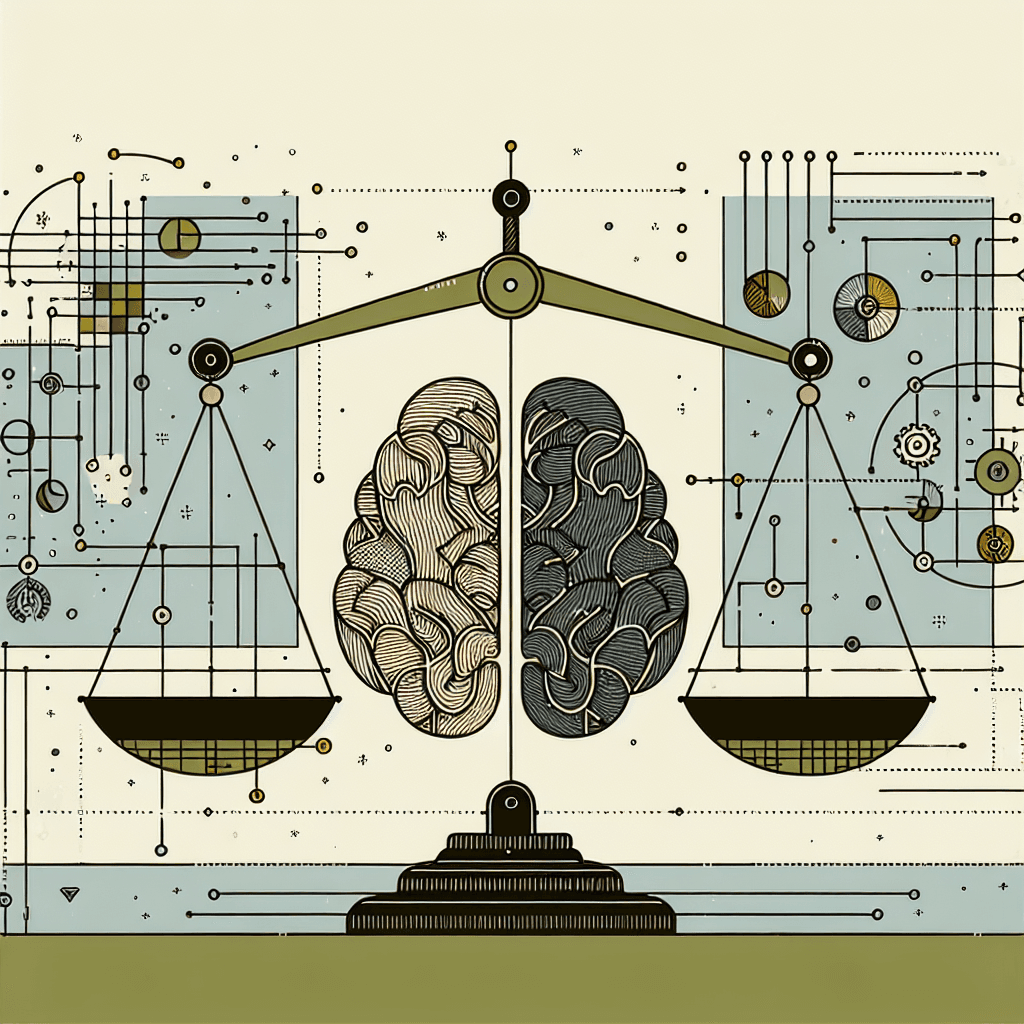Stoking the Mind: Activating a Balance for Intellectual Vibrancy

Cultivating Brilliance: Pathways to Optimal Intellectual Wellbeing
The human mind is our most extraordinary resource—a dynamic landscape of potential waiting to be explored and nurtured. Through decades of research and personal exploration, I've discovered that intellectual wellness isn't just about academic achievement, but about creating a holistic approach to cognitive growth and mental vitality.
Understanding Intellectual Wellness
Intellectual wellness represents a profound commitment to continuous learning, critical thinking, and mental expansion. It's about maintaining an open, curious mindset that embraces challenges and sees every experience as an opportunity for growth. This isn't about accumulating knowledge for its own sake, but developing a transformative relationship with learning that keeps our minds agile and engaged.
Key Elements of Intellectual Development
-
Curiosity as a Catalyst
- Ask questions relentlessly
- Challenge existing assumptions
- Explore diverse perspectives
Continuous Learning Strategies
- Read across multiple disciplines
- Engage in challenging intellectual conversations
- Take online courses or workshops
- Learn a new skill quarterly
Practical Pathways to Mental Flourishing
Cognitive Flexibility Training
The brain is remarkably plastic, capable of rewiring and developing new neural connections throughout our lifetime. By intentionally challenging ourselves, we can enhance cognitive flexibility. This might involve:
- Learning a new language
- Practicing complex problem-solving puzzles
- Engaging in creative pursuits outside our comfort zone
Mindful Intellectual Practices
Intellectual wellness isn't just about accumulation—it's about deep, meaningful engagement. Practices like meditation, reflective journaling, and structured critical thinking exercises can dramatically enhance our cognitive capabilities.
Overcoming Intellectual Stagnation
Many individuals unknowingly allow their intellectual growth to plateau. Breaking through this requires:
- Recognizing comfort zone boundaries
- Deliberately seeking out challenging information
- Developing a growth-oriented mindset
- Embracing failure as a learning opportunity
Personal Transformation Techniques
I've personally found that rotating my intellectual interests every few months prevents mental fatigue. One quarter might focus on quantum physics, while another explores philosophical theories or complex artistic movements.
Technology and Intellectual Growth
Modern technology offers unprecedented learning opportunities. Online platforms, educational apps, and digital resources make continuous learning more accessible than ever. However, the key is intentional, focused engagement rather than passive consumption.
Nutrition and Cognitive Performance
Intellectual wellness is intimately connected with physical health. Brain-boosting nutrition, regular exercise, and quality sleep are fundamental to maintaining cognitive sharpness. Consider:
- Omega-3 rich foods
- Antioxidant-packed vegetables
- Adequate hydration
- Regular physical activity
Measuring Intellectual Progress
While intellectual growth isn't always quantifiable, tracking personal development through:
- Learning journals
- Skill acquisition logs
- Reflection on cognitive challenges overcome
provides motivation and evidence of continuous improvement.
The Lifelong Learning Mindset
Ultimately, intellectual wellness is about cultivating an insatiable appetite for understanding. It's recognizing that our potential for growth is limitless, and every day presents a canvas for mental expansion.
By embracing curiosity, challenging ourselves consistently, and maintaining a flexible, open mindset, we transform intellectual wellness from a concept into a dynamic, lived experience.
The journey of intellectual growth is personal, profound, and endlessly fascinating. Your mind is your most powerful asset—nurture it with intention, passion, and unwavering commitment.


